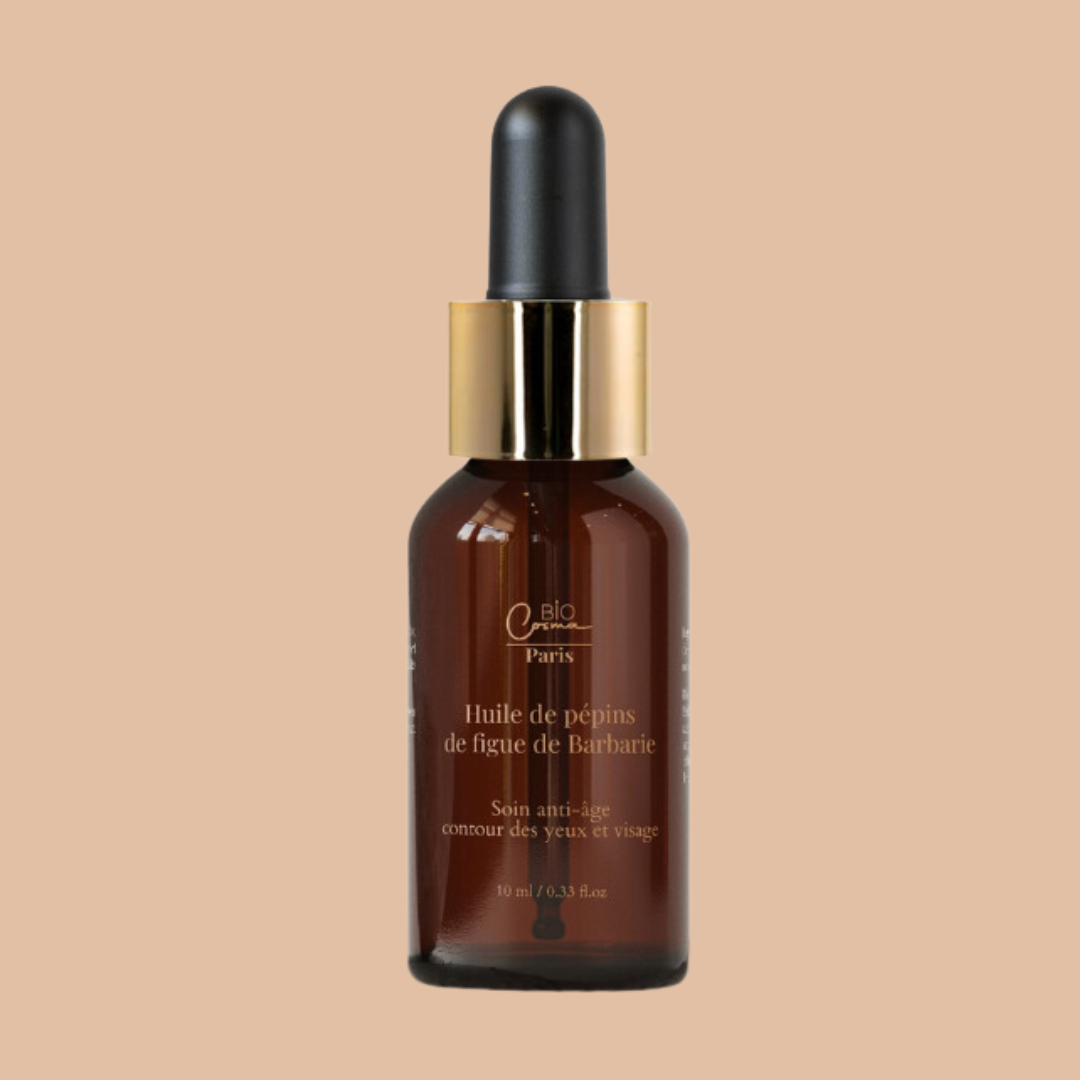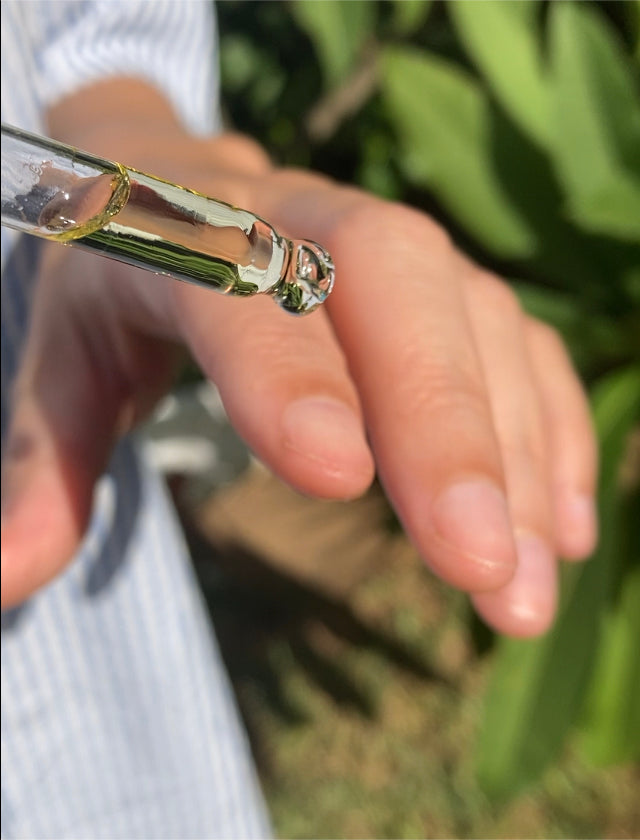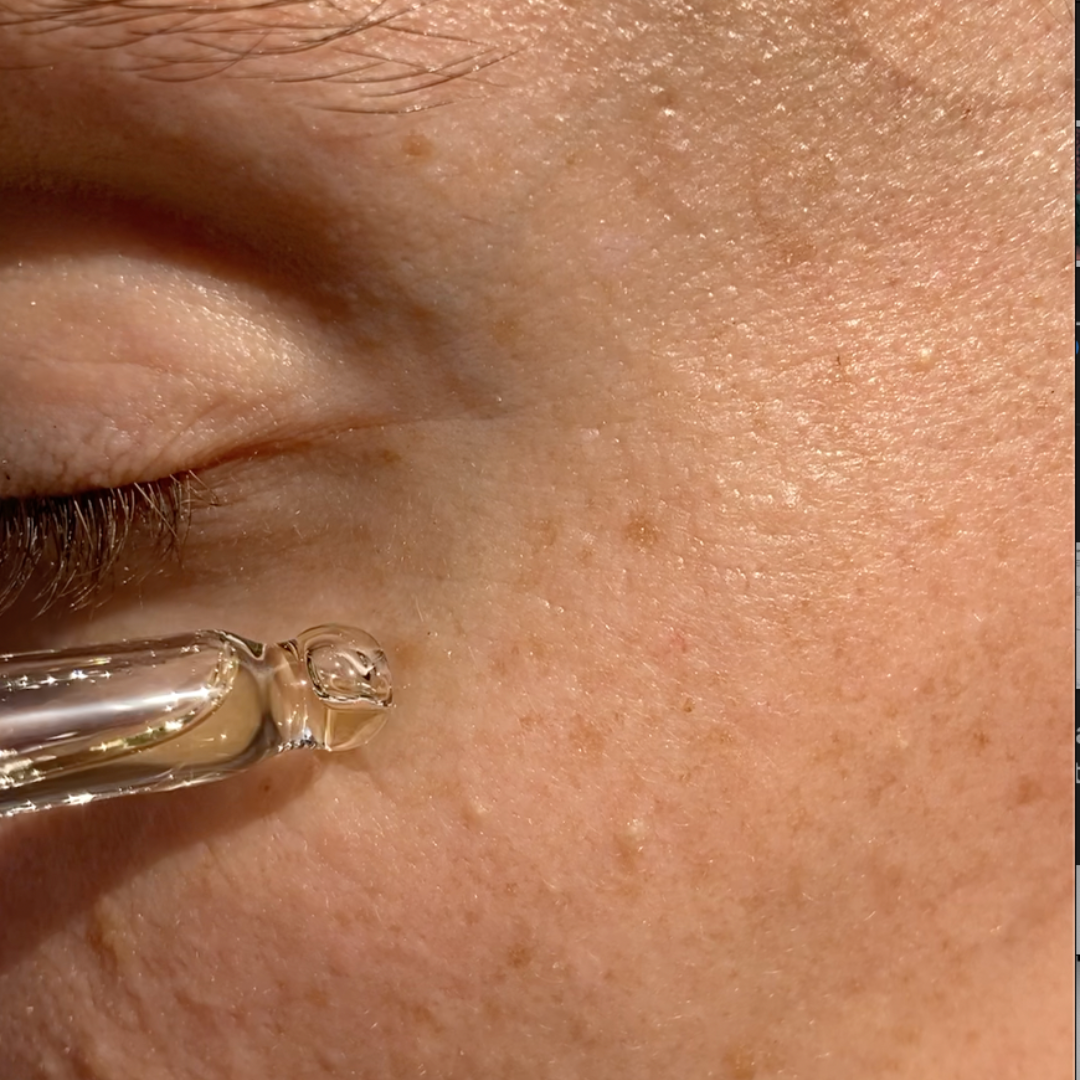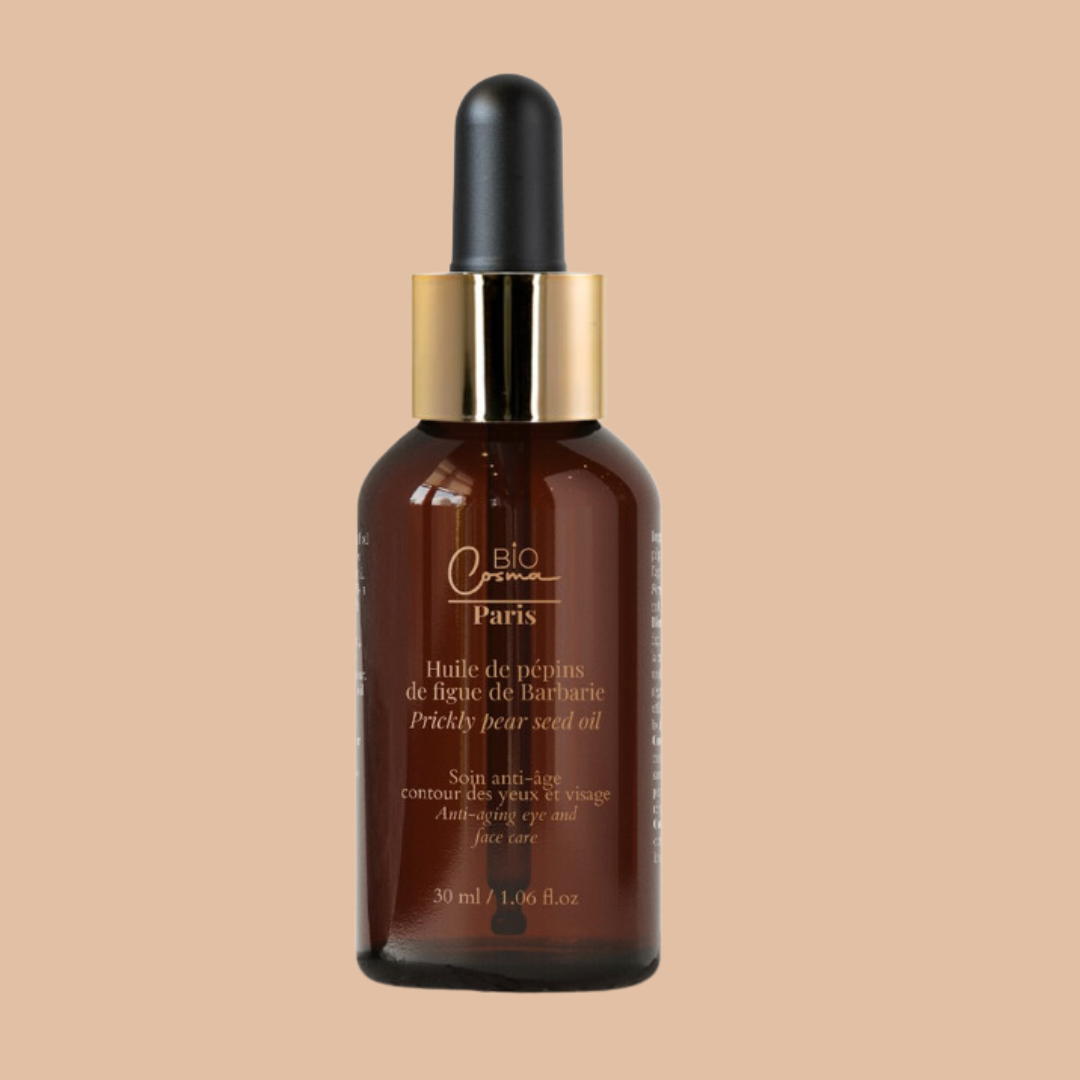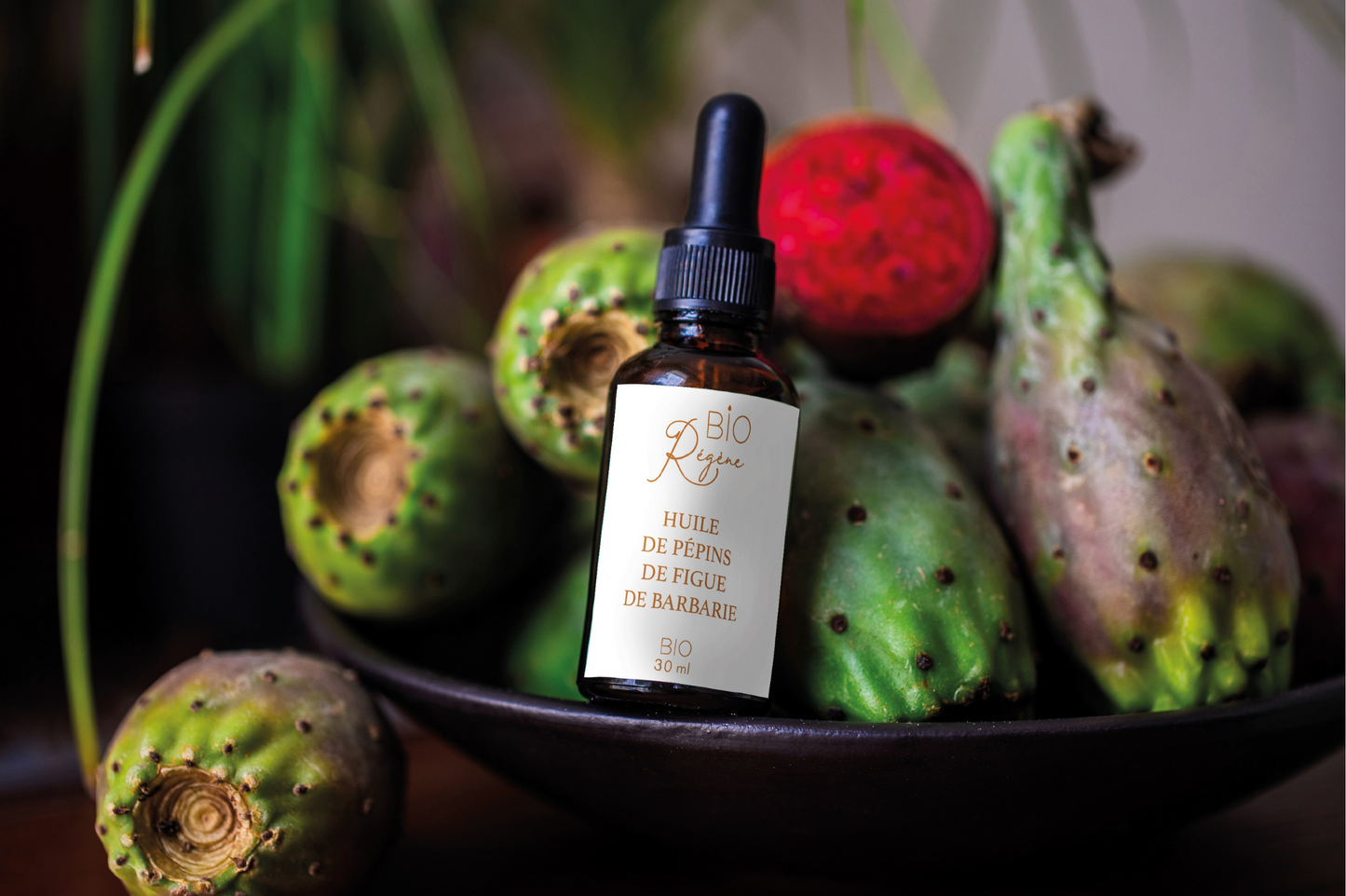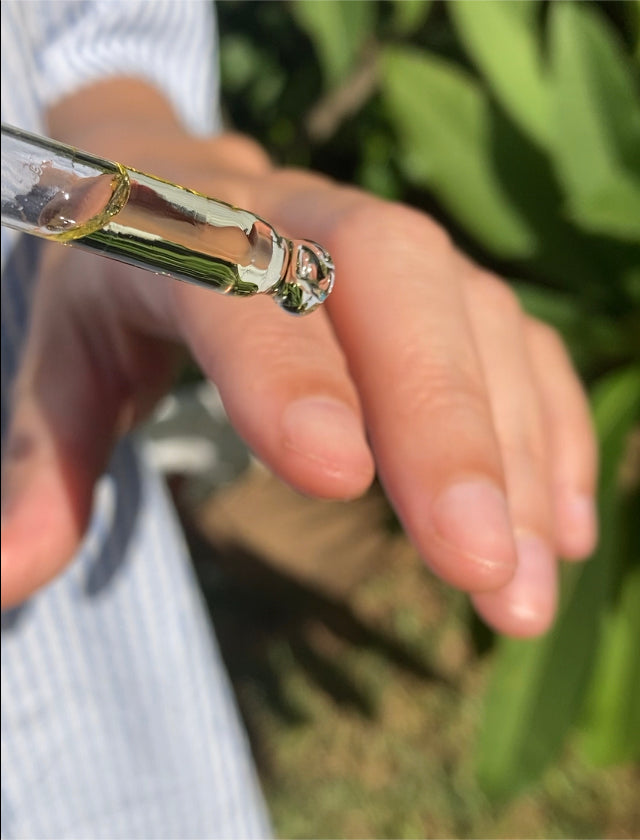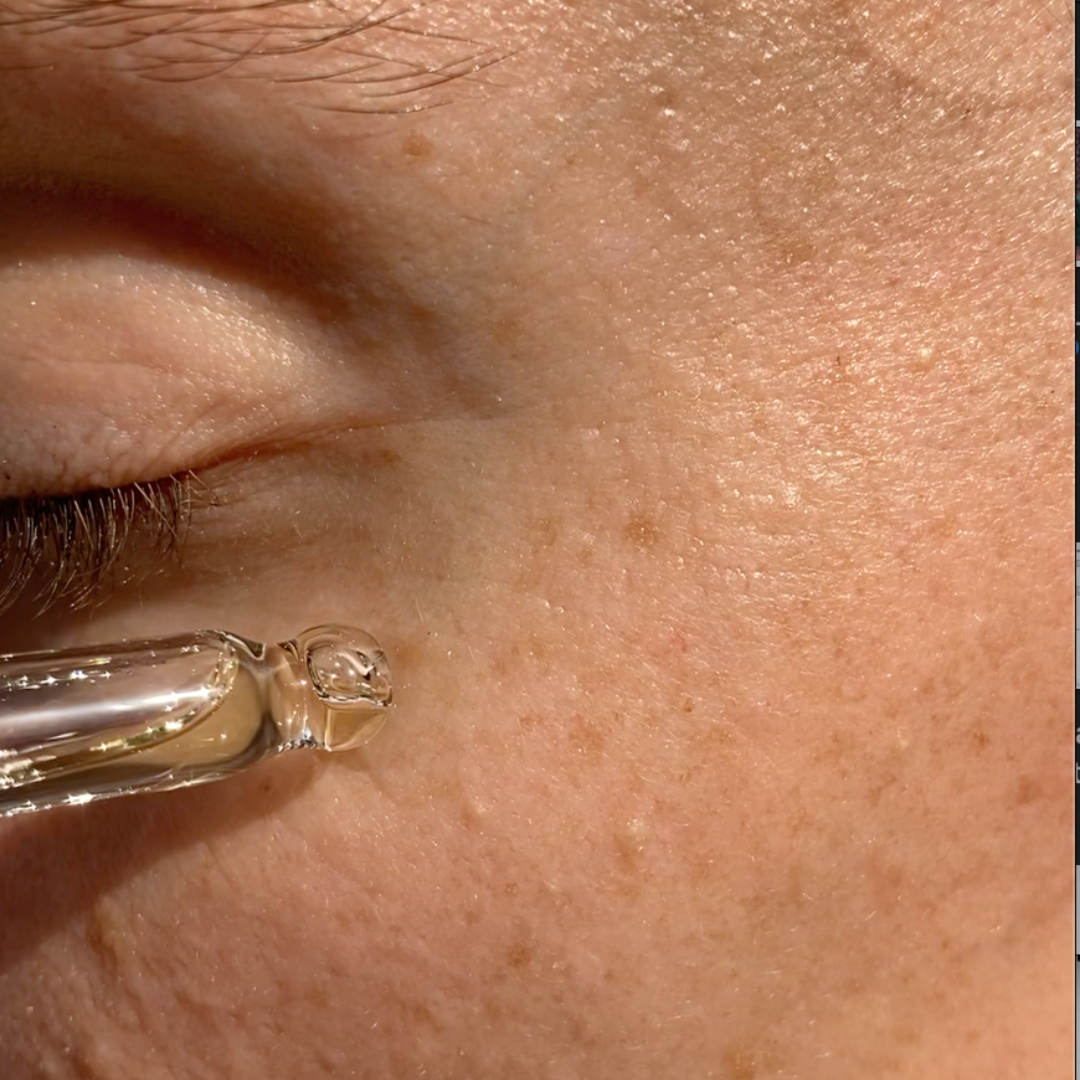
The Benefits of Vegetable Oils for Facial Care
Bio CosmaShare
In recent years, vegetable oils have become essential in facial care routines. Due to their natural virtues, they are increasingly appreciated for their benefits, and this by all skin types. Unlike some synthetic products, they offer a gentle alternative, rich in nutrients, and adapted to the specific needs of each skin. In this article, we will explore the benefits of vegetable oils for facial care, the most popular oils, as well as tips for effectively integrating them into your beauty routine.
1. The benefits of vegetable oils for the skin
Vegetable oils are rich in essential fatty acids, vitamins and antioxidants, key elements to nourish, moisturize and protect the skin. Here are some of the main benefits they offer:
-
Hydration and Nutrition : Vegetable oils are ideal for deeply nourishing the skin. Unlike creams, they contain natural lipids similar to those of our skin, which allows them to penetrate more easily and strengthen the skin barrier. This property is particularly beneficial for dry and dehydrated skin.
-
Antioxidants and Anti-aging : Most vegetable oils, such as rosehip oil or argan oil, contain natural antioxidants that help fight free radicals, which are responsible for skin aging. These antioxidants, especially vitamins A, C and E, stimulate cell regeneration and reduce fine lines and wrinkles.
-
Soothing and Anti-inflammatory Action : Some oils like calendula oil or hemp oil have anti-inflammatory properties. They are ideal for sensitive skin, prone to redness or irritation, and can help calm inflammation and rashes.
-
Balance and Repair : Contrary to popular belief, some vegetable oils, such as jojoba oil, are excellent for oily skin. These oils help regulate sebum production and promote skin balance, without clogging pores.
2. The most popular vegetable oils for the face
Each oil has unique properties that can address specific needs. Here’s a look at the most recommended oils based on skin types and concerns:
-
Jojoba Oil : Perfect for oily and combination skin, it regulates sebum production and helps prevent blemishes. Its light texture is easily absorbed and does not leave a greasy film.
-
Argan Oil : Rich in vitamin E and essential fatty acids, it is suitable for all skin types, but is particularly appreciated by dry and mature skin for its anti-aging effects.
-
Rosehip Oil : Renowned for its regenerative properties, it is ideal for mature skin or skin marked by scars and spots. It stimulates cell regeneration and reduces the appearance of fine lines.
-
Sweet Almond Oil : Recommended for sensitive skin, this oil is gentle and soothing. It deeply moisturizes and reduces redness and irritation.
-
Hazelnut Oil : Known for its purifying effect, it is ideal for oily and acne-prone skin. It helps tighten pores and regulates sebum without clogging pores.
-
Hemp Oil : Moisturizing and soothing, it is ideal for sensitive or inflamed skin. Rich in omega-3, it helps calm redness and strengthen the skin barrier.
- Prickly Pear Seed Oil : One of the rarest and most precious oils in cosmetics, and for good reason: its extraction requires an impressive quantity of fruit to obtain just a few drops. Rich in vitamin E and sterols, this oil has powerful antioxidant properties that help fight the signs of aging. It is particularly appreciated by mature and dull skin, because it improves the elasticity of the skin, reduces wrinkles, and promotes a radiant complexion. Its light texture allows for rapid absorption without leaving a greasy film, which also makes it an excellent treatment for combination skin.
3. How to integrate vegetable oils into your skincare routine
Integrating vegetable oils into your skincare routine can be done in different ways depending on your needs and preferences.
-
As a Day or Night Oil : Apply a few drops of vegetable oil to clean skin, massaging it gently. For dry skin, the oil can be used morning and evening, while for combination to oily skin, it is often better to apply it in the evening.
-
As a Serum : You can mix your vegetable oil with a drop of essential oils suited to your skin type to enhance the benefits. For example, tea tree essential oil for acne-prone skin or lavender essential oil to soothe.
-
As a complement to a cream : For those who prefer a lighter texture, it is possible to add a few drops of vegetable oil to your usual moisturizer. This helps to reinforce hydration without the greasy effect.
-
As a Face Mask : Mix a vegetable oil with clay or honey to create a nourishing and soothing mask. Leave on for about fifteen minutes, then rinse with lukewarm water.
4. Precautions and advice for use
Even though vegetable oils are natural, it is important to choose quality ones and follow a few recommendations:
-
Opt for quality oils : Choose virgin, cold-pressed and organic oils, because they retain their properties better.
-
Adapt the oil to your skin type : Each skin is unique, and it is essential to choose an oil according to your specific needs.
-
Test a small amount before use : Although rare, some allergic reactions are possible. Apply a small amount of oil to an area of your skin to test its tolerance.
-
Avoid contact with eyes : Some oils can irritate the sensitive area around the eyes. Use a specific oil for this delicate area, such as argan or apricot kernel oil.
Vegetable oils offer a natural and effective solution for facial care. Rich in nutrients, they hydrate, nourish, and protect the skin while meeting the needs of each skin type. By integrating them thoughtfully into your routine, you can achieve a radiant complexion, softer skin, and a restored natural balance. Whether you have dry, sensitive, oily, or mature skin, there is a vegetable oil suited to your needs.
Discover our vegetable oils available in small format on our online store: https://biocosma-paris.com/


